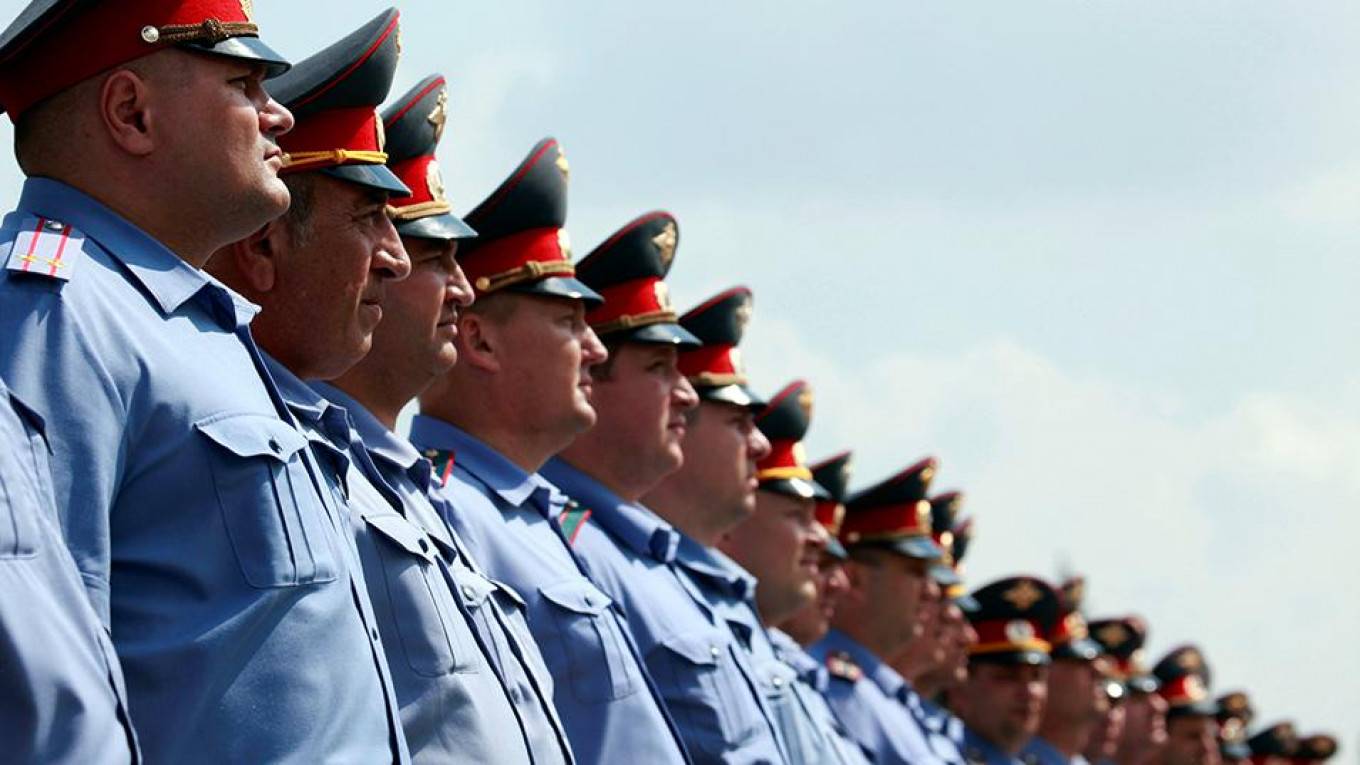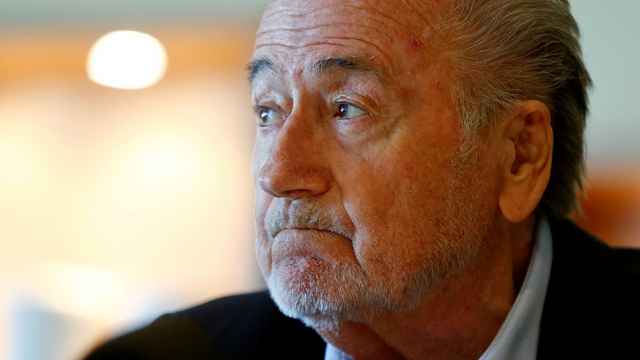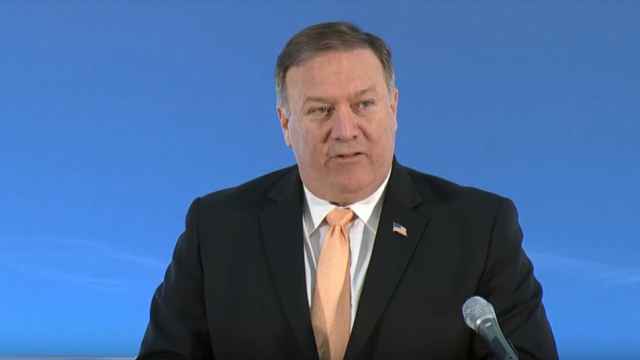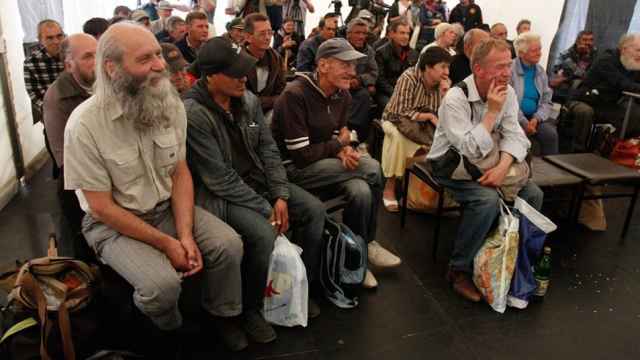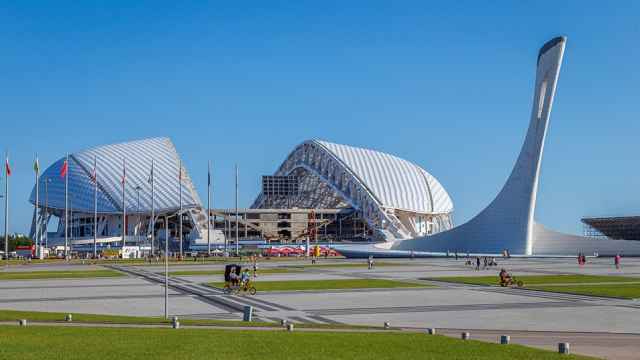An international police cooperation center has been inaugurated on the outskirts of Moscow to facilitate coordination between officers from the 32 countries that qualified for the World Cup in Russia.
The law enforcement cooperation around the World Cup comes during a period of tense diplomatic relationships between Russia and the West. Leaders from the Group of Seven nations, including World Cup participants Britain, France, Germany and Japan, warned Russia over the weekend that they would consider additional sanctions if it continued to support the Syrian regime and destabilize democratic systems.
“The main goal of the joint activity is to minimize violations by fans in the regions where the matches will take place,” Russian Interior Minister Vladimir Kolokoltsev said at the police cooperation center’s opening Tuesday.
The officers, including from the 2022 World Cup host country Qatar, will rotate in and out of the 11 far-flung Russian cities where games will be held between June 14 and July 15. Russia’s head of World Cup security estimated last week that 105 representatives from 30 countries have confirmed involvement in the cooperation center, a number he expects to grow by opening day.
At least six British police officers have been sent to the cooperation center, according to Moscow-based BBC journalist Sarah Rainsford.
Meanwhile, Russia’s 17,000-member police trade union has warned that overstretched police staffing at the tournament could lead to “grave consequences” for overall security. Residents of host cities including Yekaterinburg, where a security fence cut off an apartment block from the main access road, have complained that security measures are disproportionately disruptive.
The head of World Cup security, Alexei Lavrishchev, said last week that his control center stood ready against threats, but allowed for looser enforcement of small offenses than usual due to the number of foreign fans expected in Russia.
“We may turn a blind eye to some petty offenses and to the nuances of our legislation,” he said.
Reuters contributed reporting to this article.
A Message from The Moscow Times:
Dear readers,
We are facing unprecedented challenges. Russia's Prosecutor General's Office has designated The Moscow Times as an "undesirable" organization, criminalizing our work and putting our staff at risk of prosecution. This follows our earlier unjust labeling as a "foreign agent."
These actions are direct attempts to silence independent journalism in Russia. The authorities claim our work "discredits the decisions of the Russian leadership." We see things differently: we strive to provide accurate, unbiased reporting on Russia.
We, the journalists of The Moscow Times, refuse to be silenced. But to continue our work, we need your help.
Your support, no matter how small, makes a world of difference. If you can, please support us monthly starting from just $2. It's quick to set up, and every contribution makes a significant impact.
By supporting The Moscow Times, you're defending open, independent journalism in the face of repression. Thank you for standing with us.
Remind me later.


